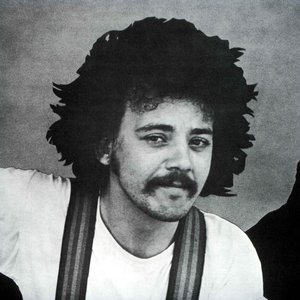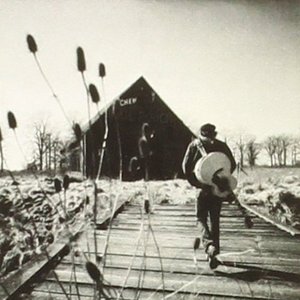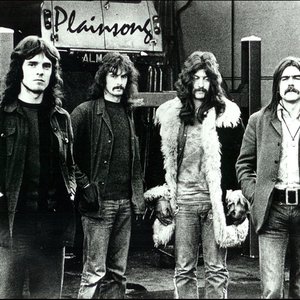Biografie
-
Geburtstag
11. März 1942 (82 Jahre alt)
-
Geboren in
Redhill, Surrey, England, Vereinigtes Königreich
David Wiffen (born March 11, 1942 in Sydenham, London, England) is a Canadian folk music singer-songwriter. Two of his songs, "Driving Wheel" and "More Often Than Not", have become cover standards.
Brought up in South London and Claygate, Surrey, Wiffen first sang with the Kingston upon Thames-based Black Cat Skiffle group. Wiffen moved with his family to Canada at age 16, and became part of the burgeoning folk music scene, initially in Toronto. In 1965, having moved to Vancouver, he was invited to perform at The Bunkhouse club on a live ensemble album. It became Wiffen's first solo album, David Wiffen At The Bunkhouse Coffeehouse, Vancouver BC, on the Universal International label, when the other invited musicians failed to show up.
He was subsequently in several bands, including The Children, whose members included William Hawkins, Bruce Cockburn, Sneezy Waters and Richard Patterson, and 3's a Crowd, whose members included Brent Titcomb, Donna Warner and Trevor Veitch. Wiffen also cohosted a television variety series on Ottawa station CJOH with Ann Mortifee, which was produced for a period by William Hawkins.
Wiffen subsequently signed to Fantasy Records as a solo artist. In 1971, he released David Wiffen, and had hit singles with "One Step" and "More Often Than Not". The album also contained his most widely-covered song, "Driving Wheel".
Wiffen's second solo studio album, Coast to Coast Fever (United Artists, 1973), was produced by Bruce Cockburn, and Wiffen's musical career appeared to be quite promising. He continued to perform regularly in the 1970s, though found his success diminishing and a consequent source of frustration and depression, compared to the success of contemporaries Bruce Cockburn and Murray McLauchlan. Alcohol abuse compounded the difficulties he was experiencing in his musical career. He eventually ceased performing, choosing to become a limousine driver and later a publicly-funded driver for handicapped persons in Ottawa. Wiffen suffered a serious back injury on the job while moving a wheelchair, which required corrective surgery and impeded any return to performing.
Wiffen's third album, South of Somewhere, was released in 1999, twenty-six years after Coast to Coast Fever. At that time, Wiffen had been sober for ten years and had spent six years in preparation and development for the album's production. The album contained a mix of reworkings of some of his older material, such as "Driving Wheel", plus some new songs. During this period, he returned briefly to performing, but has been inactive for several years. His current circumstances are not publicly known.
Künstlerbeschreibungen auf Last.fm können von allen bearbeitet werden. Du kannst dich gerne beteiligen.
Sämtliche von Benutzern eingestellte Texte auf dieser Seite sind unter der Creative-Commons-Attribution/Share-Alike-Lizenz verfügbar. Es können weitere Bedingungen zutreffen.












